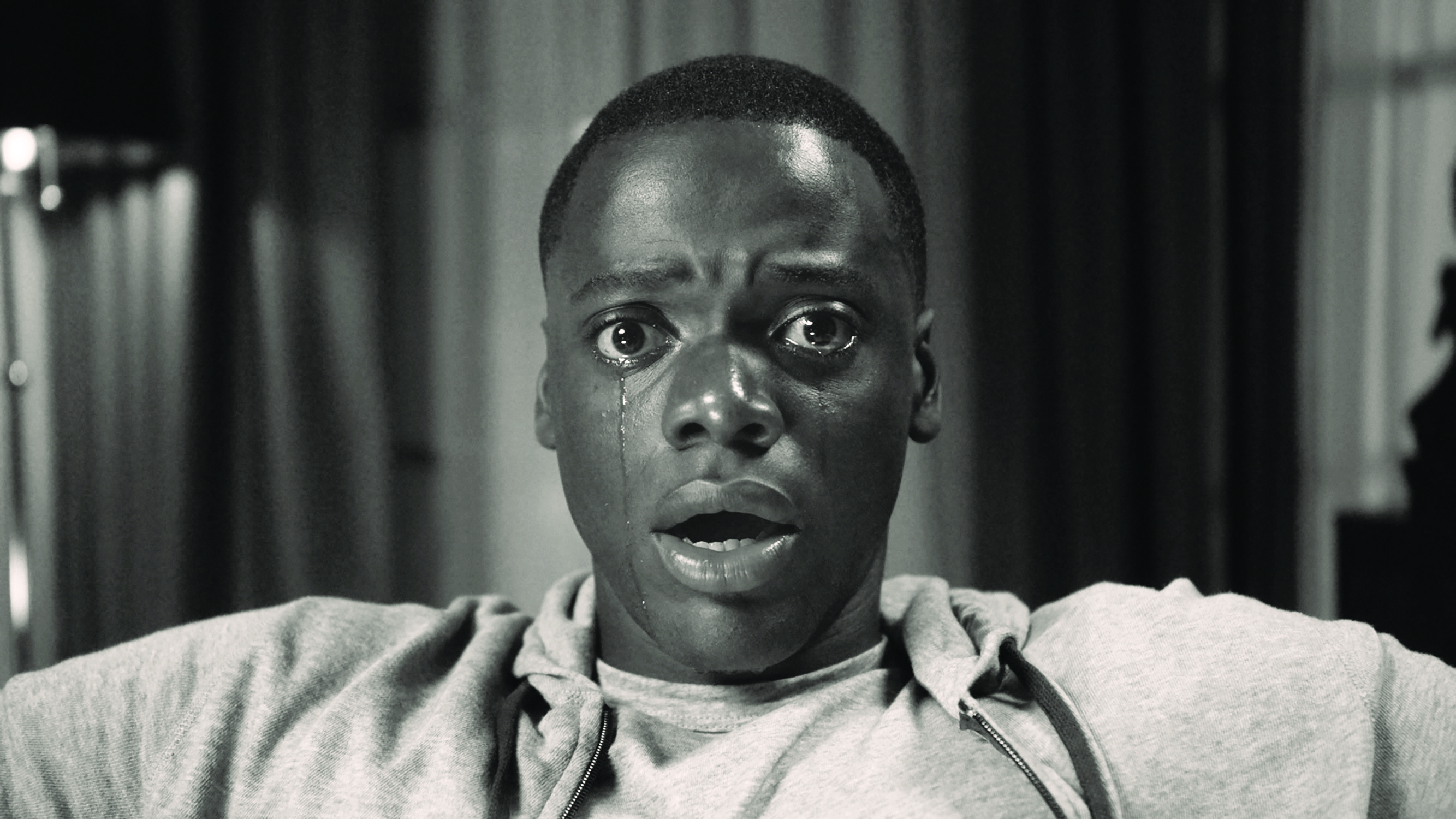2017 movie still prevalent in race discussions
Portraying the struggles that African Americans currently face can be a challenge, especially in today’s political climate. This is especially true for the media, as misinterpreting these struggles can cause immediate outcry from audience.
The film portrays racism through real encounters and extreme circumstances. One of the first scenes immediately puts a police officer under the spotlight – the, unfortunately, usual suspicion of some officers that black males are ‘up to no good’ is evident here. The police officer asks Chris for his ID, despite no prior reason to, seeing as all that happened previously was Chris hitting a deer.
This encounter is the first step towards the unrealistic, yet possible ending.
As the film progresses, we begin to meet the family of Rose Armitage, Chris’s white girlfriend. We notice many things when Chris arrives at their house out in the quiet, secluded forest.
Rose’s family has two housekeepers – a maid and groundskeeper. Both are black. Chris is reasonably unnerved by this site, assuming Rose’s parents to be racist. As soon as this unease is noticed by Rose’s father though, he begins describing his different infatuations with African Americans.
He explains how his father was beat in an Olympic race by a black runner, Jessie Owens, who was an extremely unlikely candidate to have won, how he would have voted for Obama a third time and how he didn’t want to fire the workers. These comments of how racially accepting he is continue through the movie, portraying how racist individuals try to justify themselves with phrases such as ‘I’m not racist because I have black friends/etc!’
“By focusing the storyline on a particular form of racism – the kind that’s often disguised as peculiar envy – ‘Get Out’ reveals something more insidious,” as said by ‘Rotten Tomatoes’ reviewer Mary Elizabeth Williams. “It’s a commentary on the people who insist they can’t possibly be racist because of the athletes and musicians they admire.”
Rose’s father is not the only representation. Multiple members of the Armitage family make appearances in the film. Uncomfortable exchange after uncomfortable exchange lets viewers know that the family is just like the father.
With this yet again realistic portrayal of racism in America, the viewer has become more in-tune with the film. This knowledge is used to the advantage to the director for the out-of-the-blue climax which shows the audience the true, insane intentions of Rose’s family.
An overall, unnerving feeling is felt by the viewer during this climax because of the doubt held that this could happen in real life. This is why the typical encounters had to happen earlier: to entice the audience into believing this could happen.
The overarching question that arises from the movie is this: could something like this truly happen to someone in real life? Or is it something saved for a dramatic horror movie? You can be the judge of that.
By Catherine Fleischhut, Contributing Writer
fleisccs18@bonaventure.edu






